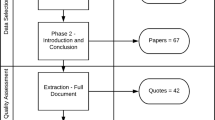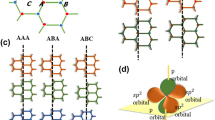Abstract
Material science tends to focus around a specific class of materials and devices. After an idea is created, an experiment is postulated, and then materials are grown and devices are fabricated. These materials and devices are characterized using a variety of techniques. Data from these laboratory steps are analyzed, conclusions are formulated, and knowledge is passed on through publications, presentations, and patents. Typically, data are tracked in the area of what is grown and what is measured, but corporate knowledge is often lost as to what motivated certain experiments or what was learned from those experiments. This can be due to many factors including corporate culture, lack of reporting of negative results, and lack of reporting of full data sets. Proper application of informatics must realize that data does not equal knowledge, but is the foundation for creating knowledge, which is far more useful than mere information. Combinatorial approaches for material growth, device fabrication, and subsequent characterization accelerate experimental throughput. Integrating these systems and their data at all levels ultimately will lead to key knowledge to discover new materials and invent new device structures. Well-designed informatics systems must fully relate all types of data and information, make full use of automation, enable data mining, and have an easy-to-use, fast, user interface.
Similar content being viewed by others
References
Davenport T.H., “Working Knowledge,” Harvard Business School Publishing, 2000.
Informatics is the collection and organization (codifying) of information using computers and statistical methods thereby facilitating retrieval, analysis, and trending with the intent of refining knowledge out of mere data.
D. Albin, D. Levi, S. Asher, A. Balcioglu, and R. Dhere, 28th IEEE Photovoltaics Specialists Conference, p. 583 (2000).
Acknowledgements
This work is supported by the U.S. DOE under Contract No. DE-AC36-99GO10337.
Author information
Authors and Affiliations
Rights and permissions
About this article
Cite this article
Nelson, B., Friedman, D., Geisz, J. et al. To Data Management and Beyond… for Photovoltaic Applications. MRS Online Proceedings Library 804, 54–59 (2003). https://doi.org/10.1557/PROC-804-JJ11.3
Published:
Issue Date:
DOI: https://doi.org/10.1557/PROC-804-JJ11.3




